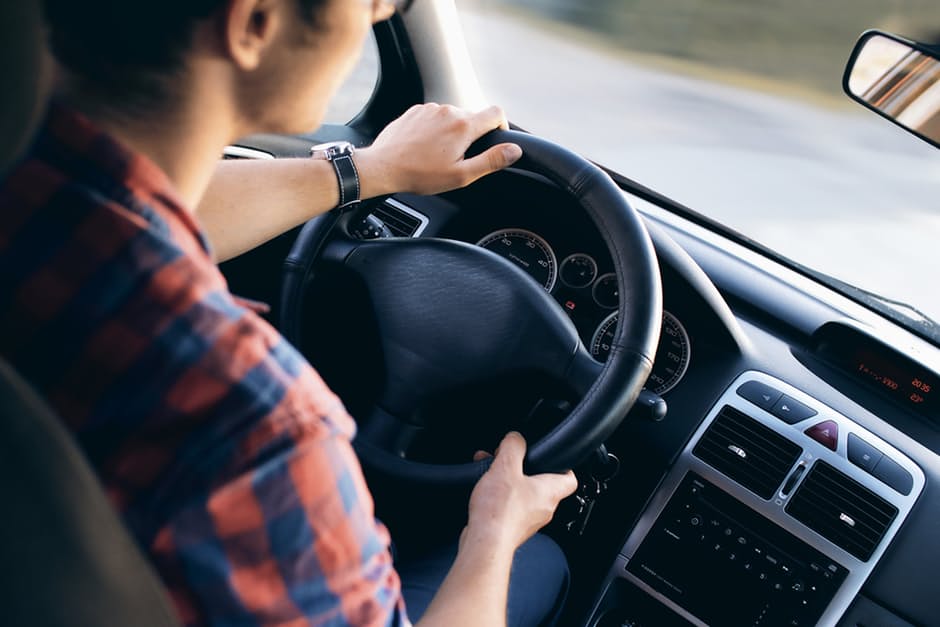
Fuel prices are rising, the cost of motoring is on a constant upwards spiral and so it makes perfect sense to look at ways to reduce the cost of motoring. In this article, we look at the simple ways you can save money with motoring.
Tires – Underinflated tires will significantly impact on your fuel bills. Just think back to when your main, and probably only method of transport was bicycle. Do you ever remember how much easier peddling was, when you pumped your tires up a little? The same theory works with a car. Tires, which are too low will require more energy to rotate, using more fuel. By ensuring your tyres are always correctly inflated to the manufacturers recommendations could typically help you save up to 10% in fuel.
Correctly inflated tyres also have a safety benefit. Underinflated tires can significantly impact on a cars handling and braking efficiency, and increase the chances of a blowout.
Weight loss – Do you carry around excessive weight in your car? Many people often keep things in their car, without any specific reason. The heavier a car, the more fuel it will use. It’s a very simple thing to do – remove the things you really don’t need. The same goes for aerodynamics. Remove the roof box on your car if it’s not in use. It will cause drag and increase fuel consumption.
Servicing – Having your car serviced in accordance with the manufacturers specifications will help maximise fuel economy. Changing the oil and replacing filters all help towards improved fuel efficiency and performance, not to mention the preventative care, which will reduce the chance of costly premature failure of parts, due to you missing serving schedules.
Defensive Driving – Taking a defensive driving course will not only help you become a safer, more observant driver, it can reduce your fuel bills by up to 20%. By increasing your levels of observation and anticipation, plus becoming more aware of your speed, will have a significant impact on your levels of safety too. By being more aware, you will be reacting less and planning more, all of which goes a long way in making you a better driver. Sudden, unplanned braking and excessive acceleration are key factors, which govern how much fuel a car can use on a journey. Be smoother, be safer and save money.
Speed Awareness – This goes hand-in-hand with defensive driving, where you not only become more aware of your speed, you actually make a choice to lower your speed. A car traveling at 70mph can easily use 30% more fuel then the same car being driven at 50 mph. It’s not always convenient to drive at a significantly lower speed. However, by dropping a few mph can all add up to savings at the pump. The faster you go, the “thicker” the air becomes, which means your car has to use more energy to sustain the higher speed.
Compare Fuel Efficiencies – Is it time to look at replacing your car? When the time comes, you should spend time researching the fuel economy figures. This is especially true if you cover a high annual mileage. Sometimes a car, which may have a higher initial price could still work out cheaper in the long run if it’s more economical.
Plan Your Routes – Do you always take the most economical route when going on a journey? Avoid congested areas if possible and rush hours. Uncongested rural routes, where you tend to drive a little slower than on busy, faster roads tend to result in a more fuel efficient (and sometimes relaxing) drive.
Auto Insurance – Shop around when it comes to insurance renewal. Often when you have been with an insurer for a long time, they will increase the premium each year. Insurers will fight for your custom, so ensure you take advantage of this, and get the very best deal for you.
These are just a few tips you can adopt to become a safer more economical driver. By just using one of the suggestions above will result in you saving money. Give them a try and see how much you can save….